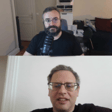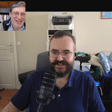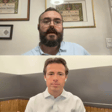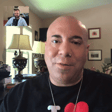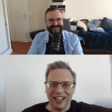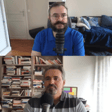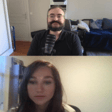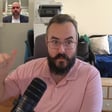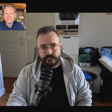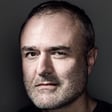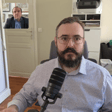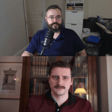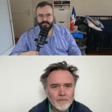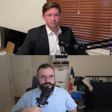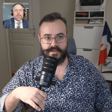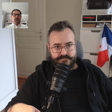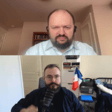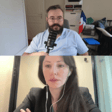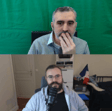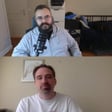
Ep 23 - Ryan T. Anderson, Ethics and Public Policy Center - What Do Think Tanks Actually Do?
On this episode of the Sphere Podcast, Pascal-Emmanuel Gobry, Publisher of Sphere Media, interviews Ryan T. Anderson, about his past year as President of the Ethics and Public Policy Center, what a Washington think tank actually does, the world of big conservative donors... And for some reason they get sidetracked into a conversation about euthanasia.
Subscribe to the PolicySphere Morning Briefing: https://policysphere.com/subscribe
Follow Ryan on X: https://x.com/RyanTAnd
Follow EPPC's work: https://eppc.org/
Subscribe to the Sphere Podcast on Apple Podcasts: https://podcasts.apple.com/us/podcast/sphere-podcast/id1780831168
Subscribe to the Sphere Podcast on Spotify: https://open.spotify.com/show/48eWEcxSYDyrgjC3lO0EJZ
Subscribe to the Sphere Podcast on YouTube: https://www.youtube.com/channel/UCB2gs2TBXeP7vyn9QUaaxjQ
